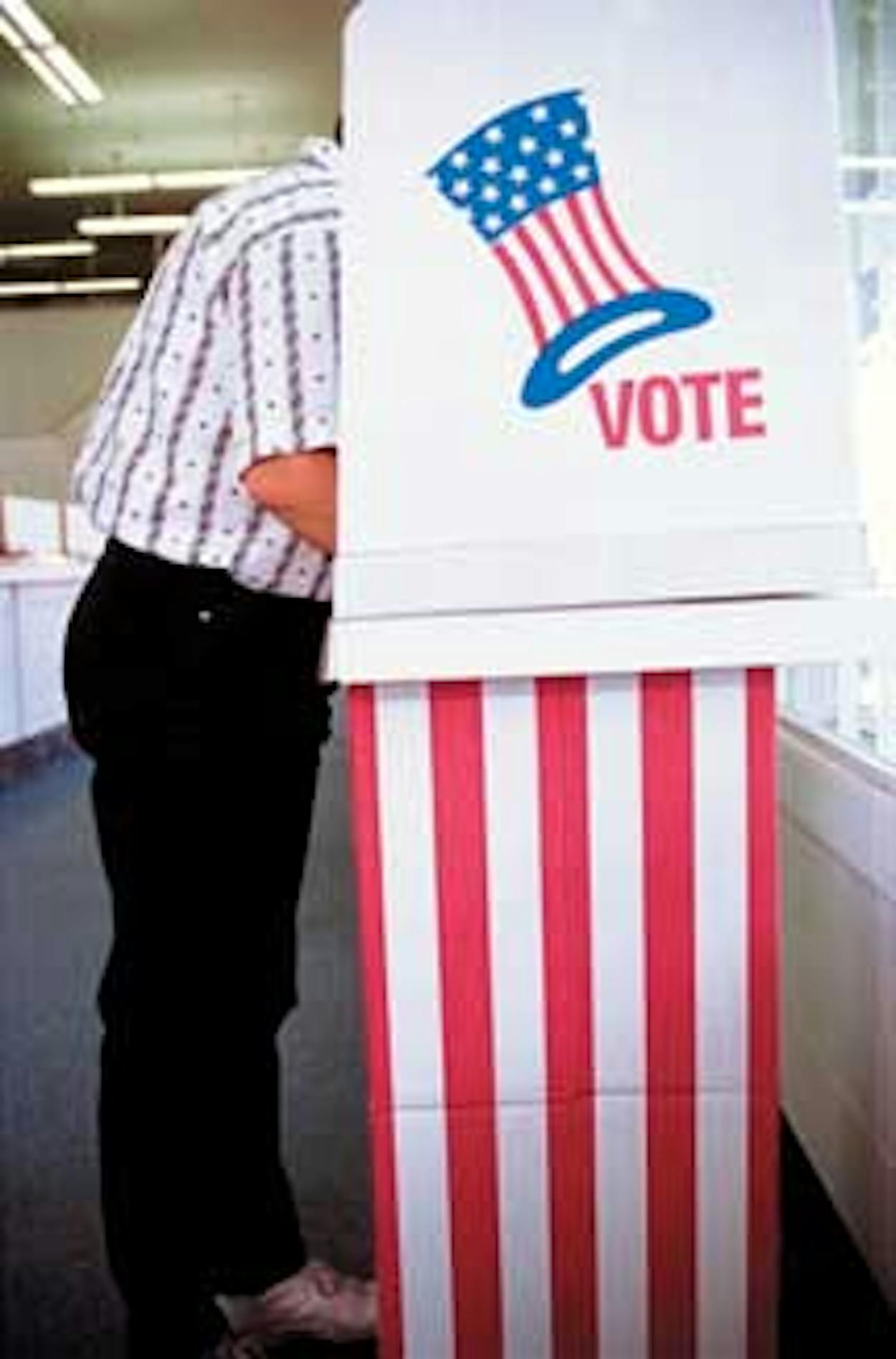As I type these words, it is July 4— a day filled with bunting, parades, hot dogs, and political candidates slyly impugning one another’s patriotism. It is also a day to contemplate what this country of ours owes us, and what we owe it. The former has been the subject of such great debate during the endless presidential race that I’m going to leave it alone; for this moment, at least, let’s lay down our arms (and pick up our cherry bombs). But the latter is very much on my mind, thanks to Paul Burka’s piece in this issue (“State of Play”). Paul observes, correctly, that Barack Obama’s chances of winning Texas’s 34 electoral votes are between the proverbial slim and none, no matter how many paid staffers or amped-up volunteers the Illinois senator dispatches here. To the extent that Obama has even a hair’s breadth chance, and that his showing, good or bad, will affect the outcome of down-ballot races, it is all about turnout, about how many allegedly red-white-and-blue-blooded Texans drag their lazy duffs to the polls.
Voting is the most democratic of acts, and we are nothing if not proud to brag about our democratic proclivities. So it’s fair to ask why an alarming number of us are unwilling to avail ourselves of the right to choose the hearty souls who’ll lead us for two, four, or six years. This is a serious enough business that the mere thrusting into the air of purple-ink-stained fingers by Iraqi voters was viewed as a validation of our rationale for war in the Middle East. “We will succeed because the Iraqi people value their own liberty, as they showed the world last Sunday,” George W. Bush proclaimed in his 2005 State of the Union. “Americans recognize that spirit of liberty, because we share it.”
And yet sharing it is not the same as demonstrating it in a tangible way. The fact is, at the presidential level, turnout of registered voters nationally and especially in our own state has declined over the past decade and a half. In 1980, when Ronald Reagan was first elected to the White House, some 68 percent of Texas’s registered voters showed up on Election Day. In 1984 another 68 percent did. In 1988 there was a slight dip to 66 percent, but in 1992 it was all the way up to 73 percent. And then the bottom dropped out: 1996, 53 percent; 2000, 52 percent; 2004, 57 percent. The past two elections, of course, had the motivating force of the former governor of Texas in the lead spot on the ballot. What’s likely to happen with no Texan, no Bush, on the ticket for only the second time in 28 years? (In case you’re wondering about gubernatorial election turnout, ugh: The past three cycles saw only 34, 36, and 32 percent of registered voters, respectively, bother to cast ballots. Rick Perry was reelected in 2006 by 1.7 million Texans out of a total of 13 million registered voters.)
As we know all too well, elections have consequences. This one is shaping up to be the most important of our time; whatever party you identify with or candidate you support, surely you’ll agree that we have major problems to solve and an assortment of very different solutions presented for our consideration. At the top of the ticket, the stark choice will affect national security, the economy, and health care, to name three of the many issues in play. But, as Paul notes, generating enthusiasm among voters of all ages, races, and castes, or failing to, could also shift or solidify the balance of power in the state House just two years before the next round of redistricting—good times!—determines the short-term future of politics and public policy in Texas.
Ours is a participatory democracy. It works only when you participate. You have three months to find a babysitter, beg for time off from work, rearrange your class schedule, and the like. So do so. Please.
Next Month
Tony Romo, Boone Pickens, letters from death row, Katrina evacuees today, Keith Carter’s discerning eye, and Mimi Swartz on the greening of Houston.









